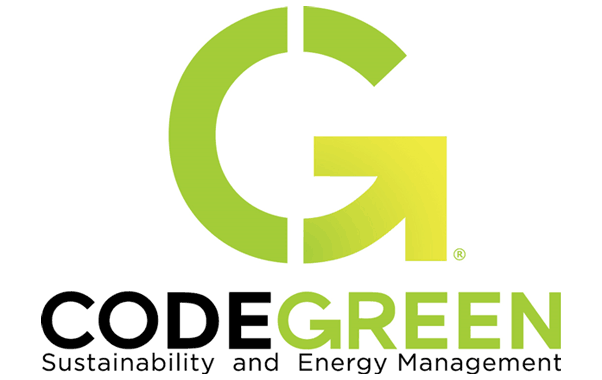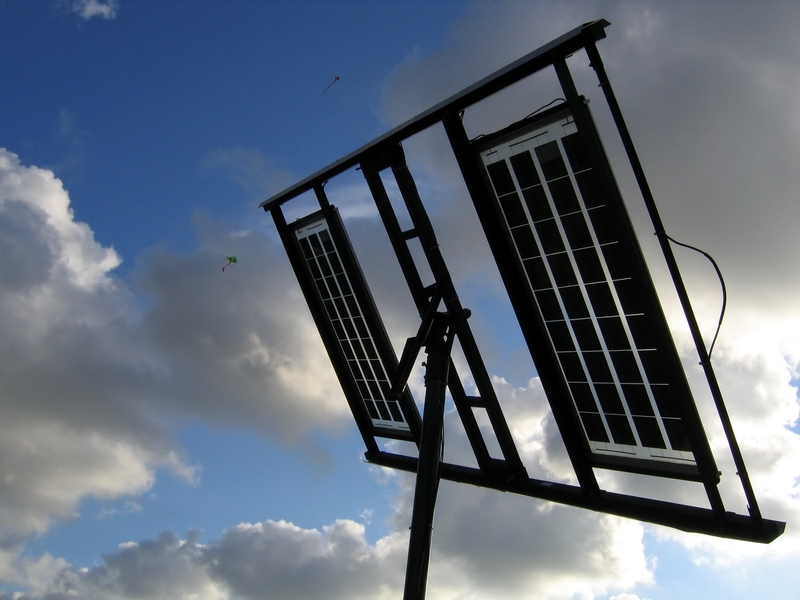How many times have you heard that green building, solar, wind, or biomass are too expensive and do not make financial sense? Many times, I’m sure. Yet recent estimates from Bloomberg and the United Nations show that over $2 trillion has been invested in clean energy projects in just the past ten years.
Are all of these investors crazy? Are they purely driven by environmental objectives? I doubt it. Instead, we at g-bit.com, the green business informatics tool, would place our bet on the wisdom of many minds making the right decision.
What questions might be these investors asking themselves?
- Where else can I get predictable returns that are not correlated to public equity markets? The US stock market is trading at or near historic highs. If I invest now, am I investing at the precisely wrong time in the market cycle? How soon is the next market correction?
- Where can I get solid financial returns relative to the amount of risk required? Interest rates in safe investments such as certificates of deposit are at or near record lows. Furthermore, consider the low risk nature of clean energy investments 5% to 15% unlevered internal rates of return when the construction costs are often guaranteed and the revenue can be entirely or largely contracted for the next few decades.
- How can I satisfy growing stakeholder interest in environmentally responsible business activities without simply donating profit to environmental nonprofit organizations? Green building and alternative energy projects reduce greenhouse gas emissions or the amount of nuclear waste produced while also generating investment returns that meet or exceed our portfolio’s average financial return targets. If I invest in these assets, I can do far more environmental good than donating significantly smaller dollar amounts to charities.
While every investor is different, these are examples of the thought process behind low-carbon investments from mainstream global investors. What does the next decade hold for capital invested in real estate and infrastructure that mitigates climate change impacts? Which organizations and countries will lead the way? Perhaps yours.

